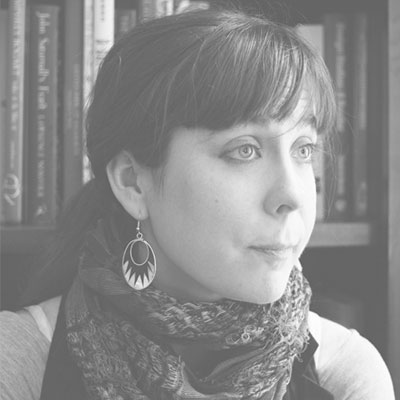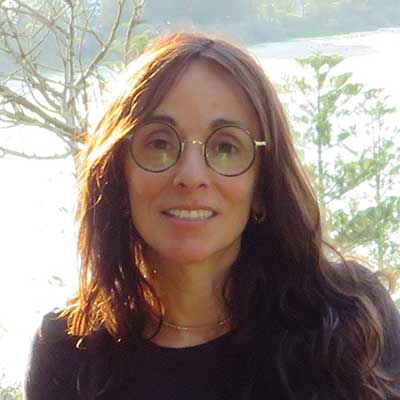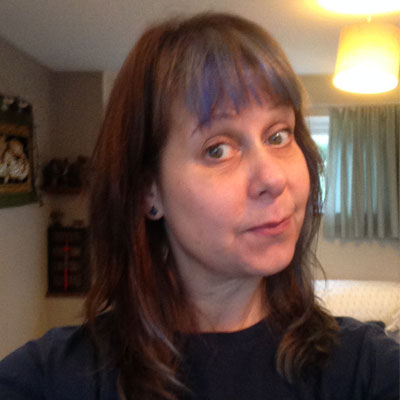
Associate Professor Mine Özyurt Kiliç, who leads the English Language and Literature Department at ASBU Social Sciences University of Ankara (SSUA), also leads Empathy Studies at the university.
She has been collaborating with colleagues from other disciplines and departments in the project "Building Empathy through Humanities/Social Sciences". This will investigate the respective empathy building strategies in Turkish and English culture, two countries divided by different experiences, but with many things in common.
As a literature scholar, she observes the potential of literature, specifically of short fiction, to change perspectives, the first step of any empathy-related process. Teaching and doing research on short fiction, she believes that literary studies should be part of any scholarly program with undergraduate and graduate learners. Mine Özyurt Kiliç was recently the recipient of a Fulbright Award for research at Harvard University. She is the author of Maggie Gee: Writing the Condition of England Novel (Bloomsbury, 2012) and has also published on Doris Lessing, Angela Carter, Pat Barker and Jeanette Winterson.











